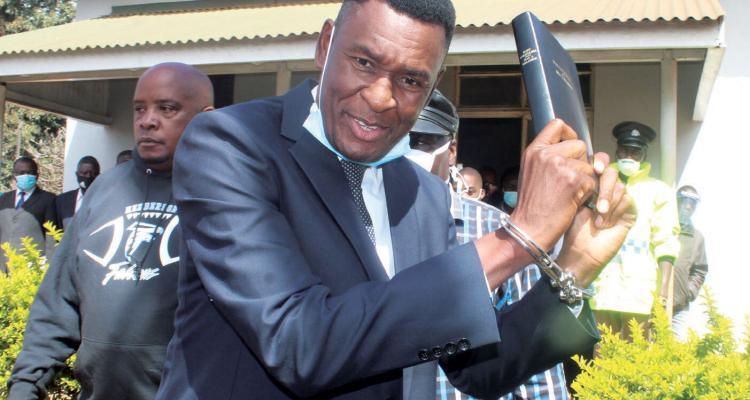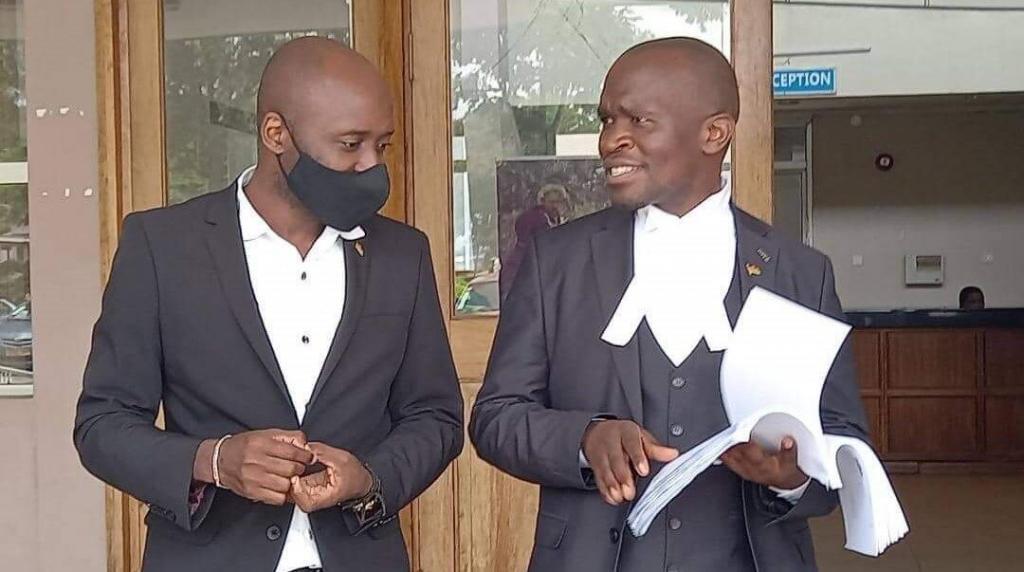
Former presidential bodyguard Norman Chisale has lost a case in which he was challenging the preservation order for his property worth over K3 billion.
The High Court in Blantyre, sitting as a Constitutional Court, has today dismissed with costs the application which Chisale and six others made.
Delivering their ruling on Wednesday, Constitutional Court Judges Dingiswayo Madise, Kenan Manda and Anneline Kanthambi said the preservation order secured by the Director of Public Prosecutions was not a violation of Chisale’s rights to privacy and to own property.
“The DPP was within his mandate under the law when he instituted civil proceedings under the Financial Crimes Act in the original court. Preservation Orders are part of the combined regime which constitutes preservation orders as the first step, and forfeiture,” reads part of the ruling.

Chisale worked as bodyguard of ex-president Peter Mutharika for several years during Mutharika’s six-year reign. The state in early 2021 obtained a preservation order on 86 motor vehicles and 21 real estate properties, including residential houses and commercial buildings belonging to Chisale and associates.
The preservation order was secured at the High Court following an application by the DPP, Financial Intelligence Authority (FIA), Anti-Corruption Bureau (ACB), and Malawi Police Service (MPS) Fiscal and Fraud Department.
Chisale challenged the preservation order on the basis that it infringes on his right to own property.
Chisale’s lawyer Chancy Gondwe said during hearing that there was need to look into the context in which right to own property is limited under the Financial Crimes Act.
“Because one can just wake up, and come up with a preservation order without being heard.
“This is a new piece of legislation and it has to be relooked at if at all the provisions are consistent with the Constitution,” he said.
However, Attorney General Nyirenda argued that there were questions over Chisale’s assets considering that he was earning less than K500,000 per month.
He said: “When we talk about the right to own property, we are not talking about the illegitimate property. We are talking about the right to acquire property that has been legitimately earned.”
The ruling today means the state will continue controlling Chisale’s property.














